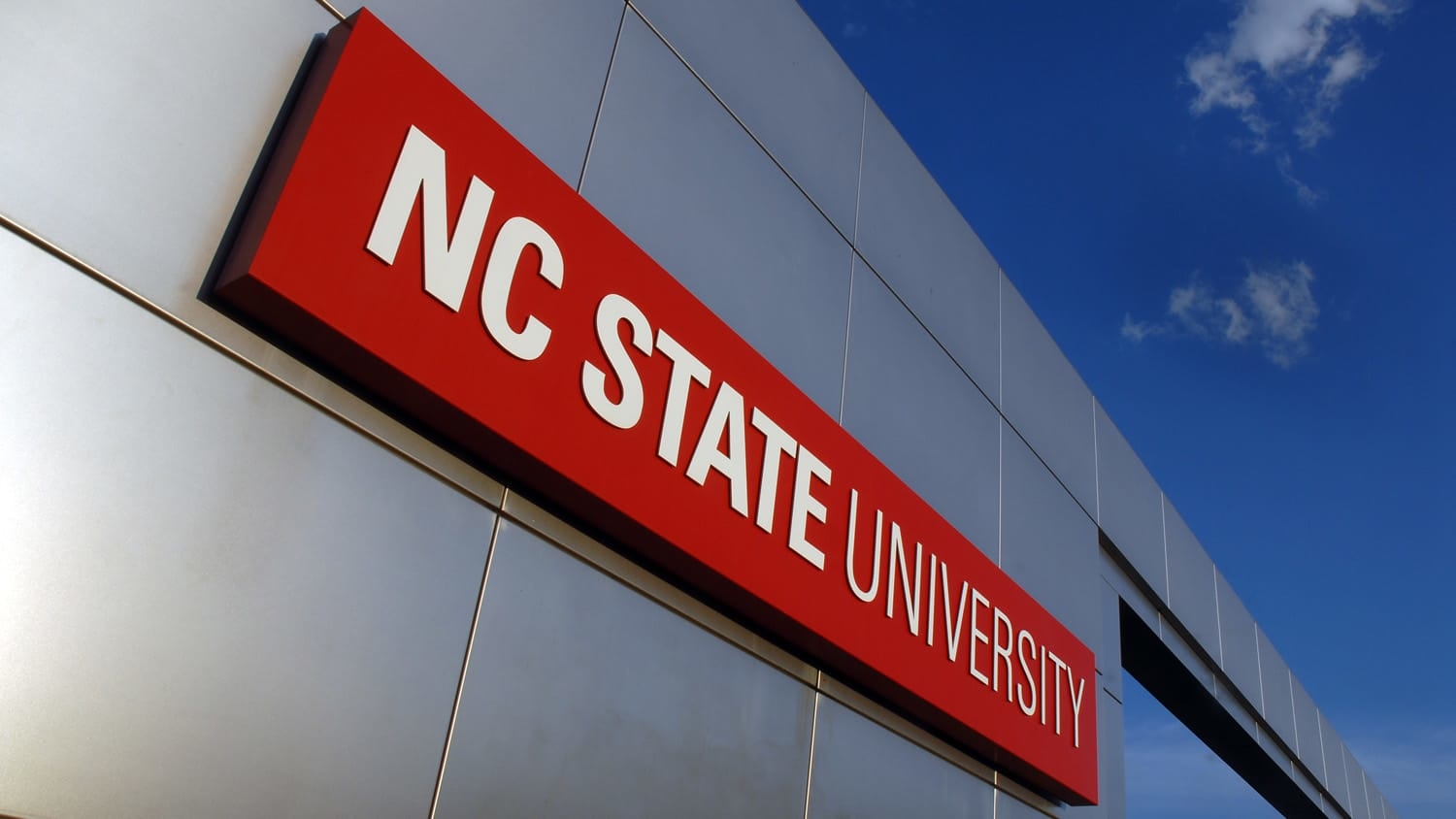NC State Awarded $9 Million to Make Installing Home Solar Energy Systems Easier, Less Expensive
A new grant to North Carolina State University and several partners could make installing rooftop solar energy systems much less expensive and time consuming.
Researchers will use the five-year, $9 million grant from the U.S. Department of Energy (DOE) to design solar energy systems and installation and connection procedures that require little or no customization by homeowners and installers. The systems would set up quickly and connect to the power grid easily, while still meeting building and electrical codes.
“The high cost and hassle associated with installing home solar energy systems is a major barrier to their widespread adoption,” says Dr. Alex Huang, the lead researcher on the grant, Distinguished Professor of Electrical and Computer Engineering and director of the FREEDM Systems Center at NC State. “By developing standardized and easy-to-use technologies, we can significantly reduce the cost of these systems for homeowners, who would be able to install the systems themselves.”
Today, much of what homeowners spend on solar energy systems goes toward supplier overhead, inspections, permitting, installation and other so-called “soft” costs. DOE estimates these costs at $2.50 per watt, a significant amount of money for systems that typically generate several thousand watts of power.
But by creating systems that “plug and play” – universal designs akin to USB interfaces in computers – the researchers believe they can drive these costs under $1 per watt. That means a homeowner installing a 5,000-watt solar energy system could save more than $7,500 in soft costs.
Researchers will use the grant to develop standardized panel mounting systems, communication technologies, electrical wiring designs, automated permitting systems, and other cost-cutting technologies. The group will work with codes and standards organizations, electric utilities, building and electrical inspectors, and consumers to tackle the real-world challenges faced by solar energy system installers and the local authorities that set installation rules.
Leading the project will be the FREEDM Systems Center, a National Science Foundation Engineering Research Center headquartered at NC State that is developing smart grid technologies. The NC Solar Center at NC State, which develops and demonstrates clean energy technology, is also a key player. Others involved include the National Rural Electric Cooperative Association, the University of Toledo, Isofoton, ABB and Quanta Technology.
The grant is part of DOE’s SunShot Initiative, which seeks to make solar energy cost-competitive with other sources of energy by 2020.
-degraff-
- Categories:


